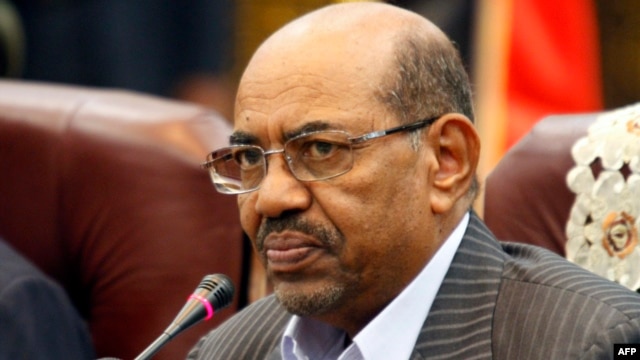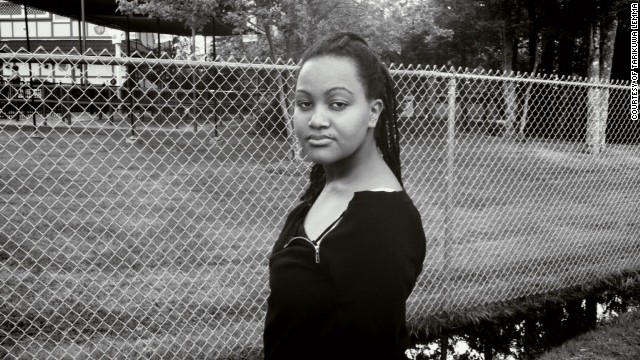Published: September 17, 2013
KAMPALA, UGANDA — An upcoming summit of the African Union will debate the possible exit of some African countries from the International Criminal Court, Uganda's deputy foreign minister said Tuesday as the trial of Kenya's deputy president proceeded at The Hague.
Okello Oryem said that Uganda, whose president has questioned the ICC's credibility, would be compelled to quit the Rome Statute that created the court if a "summit-level" recommendation is made in solidarity with the leaders of Kenya who face criminal charges at The Hague over their alleged roles in post-election violence that killed more than 1,000 people in 2007-08. They face charges of crimes against humanity, which they deny having committed.
The ICC has come under strong criticism from some African leaders who say it disproportionately targets Africans. The international court has indicted only Africans so far.
Oryem cited concerns about the credibility of the witnesses in the trials of Kenyan President Uhuru Kenyatta and his deputy, William Ruto. He said Ugandan President Yoweri Museveni "is doing everything possible" to stop the criminal trials in Europe of Kenya's leaders. An African Union summit next month in Addis Ababa, Ethiopia, "will decide this matter" of a possible mass exit from the ICC, he said.
At Kenyatta's inauguration earlier this year, Museveni gave a speech in which he accused the ICC of being biased against Africans. His criticism of the ICC surprised many in Uganda, where Museveni once was seen as a strong supporter of the international court after he backed its charges against the fugitive warlord Joseph Kony and his top commanders.
But Museveni has accused the ICC of what he calls "arrogance" in its handling of Kenya's post-election violence case.
"I was one of those that supported the ICC because I abhor impunity," he said in April in Nairobi, Kenya's capital. "However, the usual opinionated and arrogant actors using their careless analysis have distorted the purpose of that institution. They are now using it to install leaders of their choice in Africa and eliminate the ones they do not like."
Kenyatta and Ruto have both pledged to continue cooperating with the ICC, even though Kenya's parliament recently voted to withdraw from the ICC. Ruto's trial is under way and Kenyatta's is scheduled to start in November.
Thirty-four African countries, including Nigeria and South Africa, have signed the Rome Statute.
When an African Union summit in May urged the United Nations to transfer trials of Kenya's leaders to Kenya, Ethiopian Prime Minister Hailemariam Desalegn said the ICC prosecutions "have degenerated into some kind of race hunt" of Africans. "We object to that," he said.
Amnesty International said recently that Kenya's exit from the ICC would "set a dangerous precedent for the future of justice in Africa."
A mass exit of African countries from the ICC "would weaken its political and practical ability to seek justice for victims of atrocity," said David Crane, a law professor at Syracuse University in the U.S.
Odula reported from Nairobi, Kenya.






 By Asiimwe Stephen
By Asiimwe Stephen


